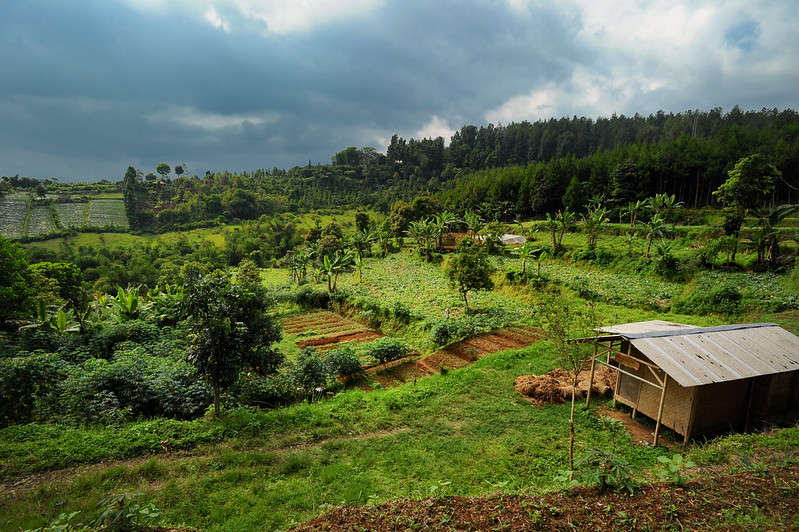
To increase resources dedicated to the implementation of agroforestry, policymakers’ attention must shift from conventional industrial models to more sustainable approaches. Agroforestry systems are multifuntional in nature. Therefore multisectoral coordination is required to facilitate producers’ transition to agroforestry and limit factors that restrain farmers’ long-term investments such as lack of rights to land, lack of technical and financial support and inadequate agricultural and forestry policies. This session aims to find ways for transitioning to a viable policy environment that could support agroforestry conservation, adoption and scaling-up.
Chair: Javed Rizvi, Director, Director Asia Continental Program, CIFOR-ICRAF
Institutional factors influencing the social, ecological and economic resilience of local Malagasy communities through agroforestry
Vololoniaina Rasoarimanana, Université Laval, Canada
Nancy Gélinas, Université Laval, Canada
Agroforestry Policy Development in Switzerland
Sonja Kay, Agroscope, Switzerland Johanna Schoop, Agridea, Switzerland
Analyzing agroforestry at a farming system scale in Switzerland exploring levers and constraints to its adoption
* Ulysse Le Goff, Swiss Federal Institute of Technology, Switzerland
Johan Six, Swiss Federal Institute of Technology, Switzerland
Dominique Barjolle, Swiss Federal Institute of Technology, Switzerland
Agroforestry in Quebec and the role of agri-environmental incentives
Alejandra Zaga Mendez, Université Laval, Canada Jean-François Bissonnette, Université Laval, Canada
* Mikael Scattolin, Université Laval, Canada Laurie-Anne Dansereau, Université Laval, Canada
Agroforestry development in the Netherlands: bottlenecks and opportunities in policy issues
Euridice Leyequien, Van Hall Larenstein University of Applied Sciences, Netherlands Eelco Buunk, Van Hall Larenstein University of Applied Sciences, Netherlands
René Van Druenen, AGROBOSBOUW NL, Netherlands














